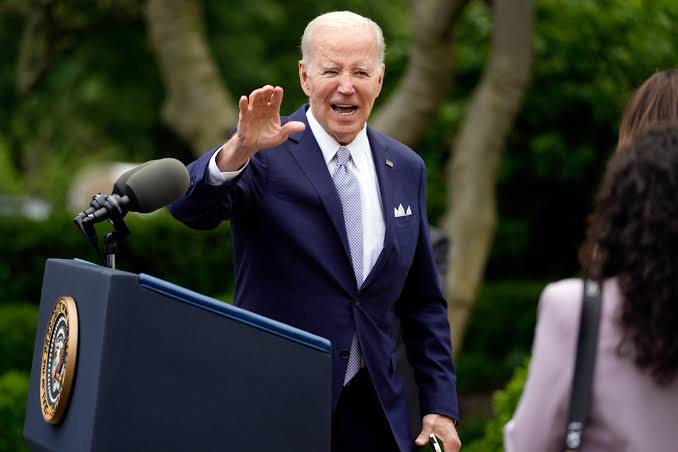Add your promotional text...
100% Tariff on Chinese Electric Vehicle Imports by the US
Learn about the reported 100% tariff on chinese electric vehicle imports by the US. Understand the trade tensions, political implications, economic conflict.
MARKETSGLOBAL
Mansi Jain
5/11/20242 min read


The United States is all set to impose a 100% tariff on electric vehicles imported from China, as reported by the Financial Times. This move is seen as a major escalation in the ongoing trade war between the two economic giants and could potentially lead to retaliatory measures from the Chinese government.
Escalation in Trade Tensions
The decision to increase tariffs on Chinese electric vehicles signals the growing frustration within the US administration over China's manufacturing "overcapacity" in the EV sector. This overcapacity poses a threat to US jobs and national security, prompting senior officials to consider drastic measures.
One of the reasons behind this escalation is the fear of the extinction of the US auto sector. The Alliance for American Manufacturing issued a report highlighting the potential impact of cheap Chinese autos flooding the American market. This could lead to a significant decline in the US auto industry, which currently accounts for 3% of the country's GDP.
Response from US Officials
The concern over Chinese EV imports has resonated with policymakers in the US, with Senator Sherrod Brown calling for a ban on these vehicles. According to the Associated Press, Senator Brown emphasized that tariffs alone are not enough to protect US interests and that a complete ban on Chinese EVs is necessary.
Treasury Secretary Janet Yellen also expressed apprehension over the influx of cheap Chinese products in the global market. She warned that the competitiveness of American and other foreign firms could be jeopardized if China continues to flood the market with artificially low-priced products.
Political Implications
The decision to impose a 100% tariff on Chinese electric vehicle imports is likely to have significant political implications, especially in the lead-up to the US presidential elections. Both President Joe Biden and his Republican challenger, Donald Trump, have taken a tough stance on China, and this move could strengthen the Democrats' anti-China narrative.
With domestic political opinion in the US increasingly against Chinese imports, the imposition of higher tariffs could be a popular move among American voters. The protection of domestic industries and the preservation of US jobs are likely to be key issues in the upcoming elections.
In conclusion, the reported increase in tariffs on Chinese electric vehicle imports represents a significant development in the US-China trade war. The decision is driven by concerns over the impact of Chinese overcapacity on the US auto sector and national security. The move is also likely to have important political implications, with both parties looking to leverage the issue in the upcoming elections.
